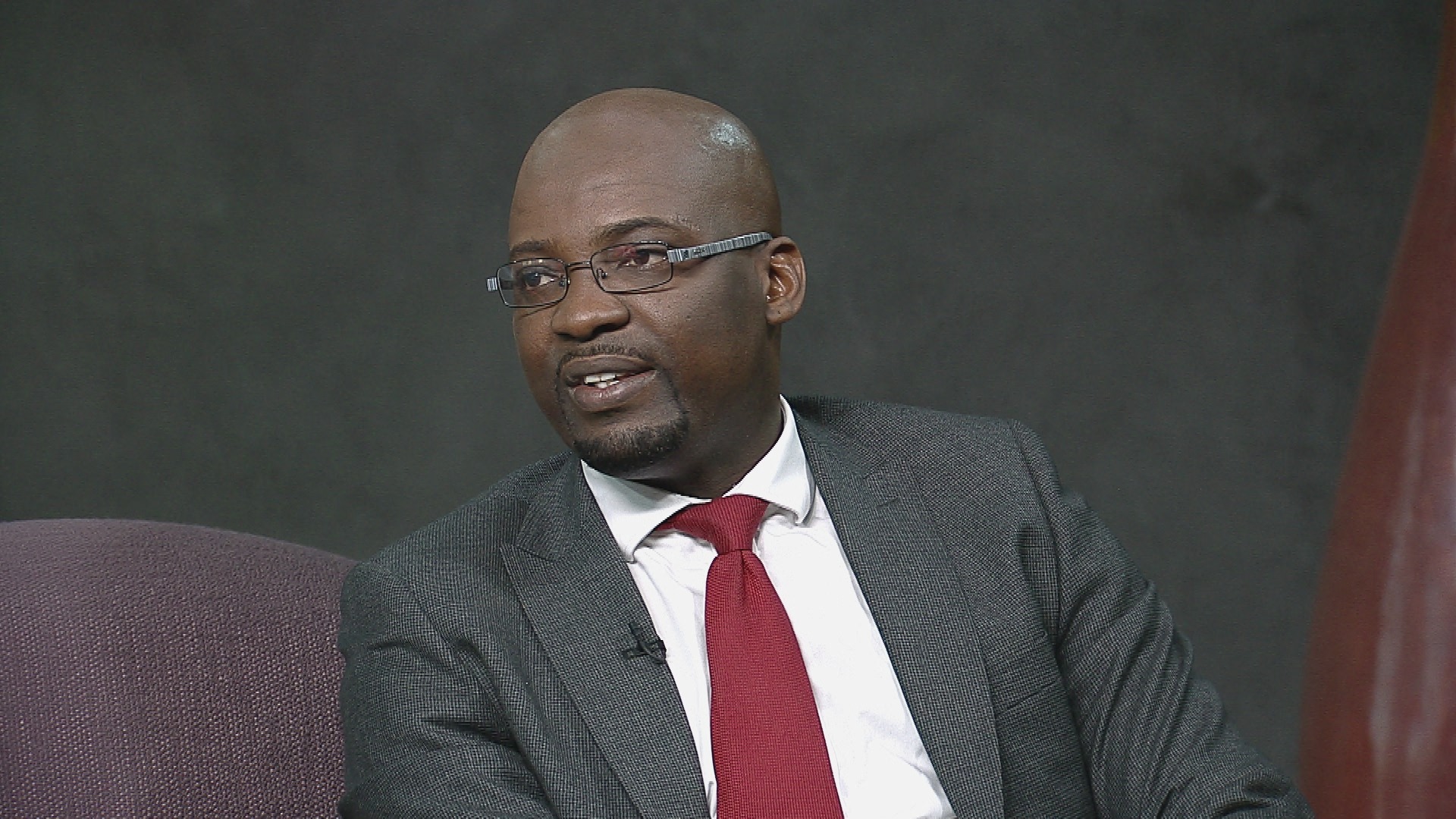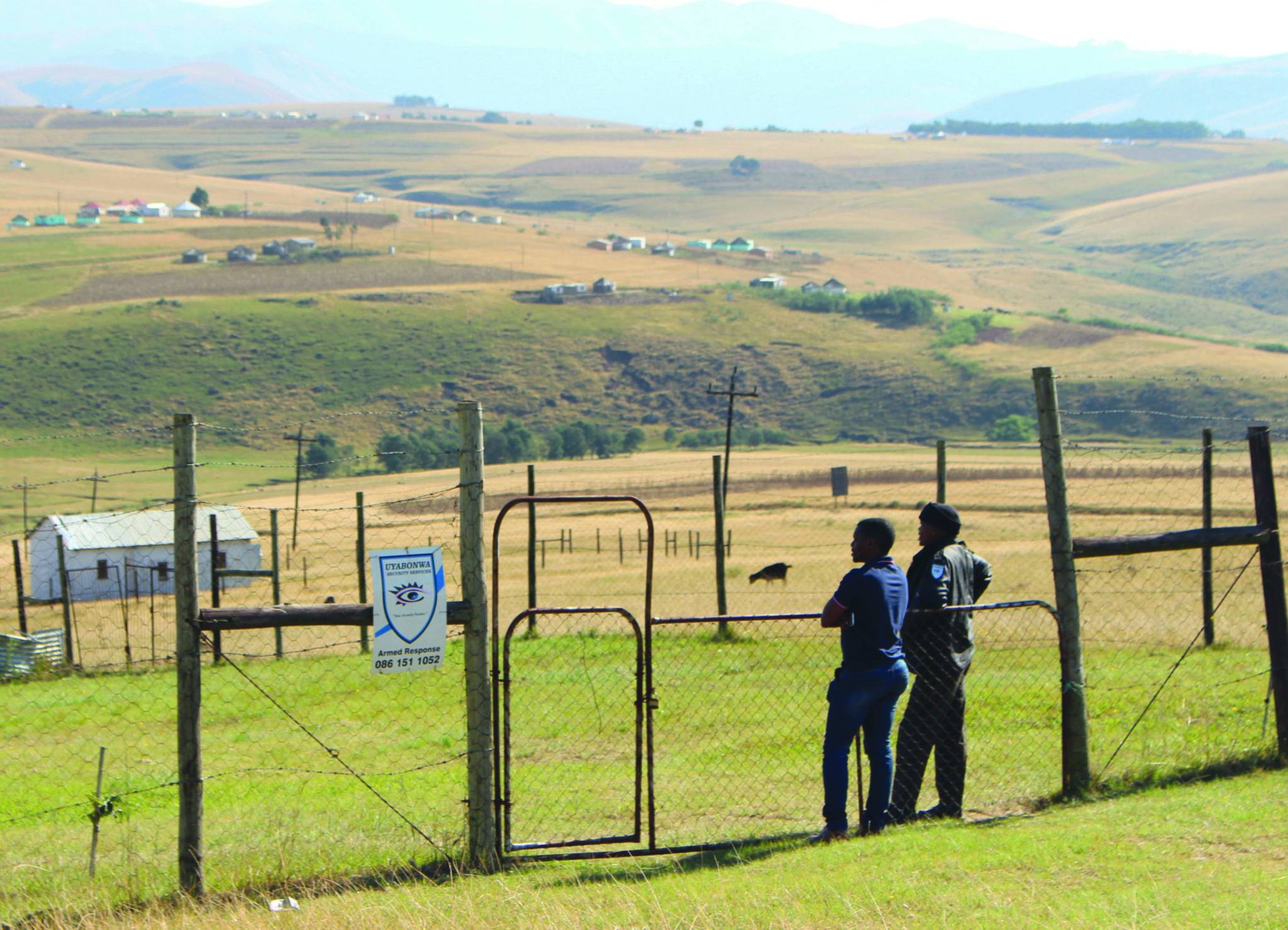
Ola Bello is the executive director, Good Governance Africa (GGA) in Nigeria. His specialisations include energy reform, extractive governance, and he advises the AU. Holder of a first-class bachelor’s degree, he also holds an MPhil and a PhD from Cambridge University. He previously worked for the UN, Arthur Andersen (later KPMG), FRIDE (Madrid) and South African Institute of International Affairs (SAIIA). Dr Bello speaks Spanish, French and Portuguese and has taught at universities in the UK, Austria, France, Spain and Switzerland. He also appears regularly on Al Jazeera, CGTV and other media networks.
Policy Recommendations
Nigeria should prioritise efforts to:
- Recruit a respected international official to help de-personalise anti-corruption work, build investigative capacities and inspire new ideas for professional and competent prosecution of corruption cases.
- Revamp and strengthen institutions responsible for policing transparency and good governance, including the National Assembly and the Nigerian Public Complaints Commission (The Nigerian Ombudsman).
- Restructure and streamline governance to promote institutionalised transparency, waste reduction and freeing up of resources for human development and inclusive governance
Introduction
Despite commendable successes such as Nigeria’s surge up the World Bank’s Ease of Doing Business ranking, its citizen are disillusioned with the President Buhari-led government and its unfulfilled promise of change and a stalling anti-corruption war. The country will emerge as the third most populous country in the world by 2050. Experts predict its youth bulge will yield dividends or become a risk. The quality of Nigeria’s governance will determine how well it navigates risks and leverage opportunities. Key to this is a radically new tack on corruption and a reset in leadership.
A mixed bag
Nigerians continue to endure hardship following a deep recession caused by fall in oil prices and government’s subsequent missteps. With the 2019 elections looming, the temptation will be for Buhari to defer to political expediency. Time, however, is of the essence and Nigeria cannot prevaricate as the window for reform narrows. The coming 20 years cannot be one characterised by the same inert leadership which prevailed in preceding decades. This urgency needs to be better grasped.
Admittedly, Buhari’s administration has shown reflexes for good ideas. It introduced an exporter and investor’s window in the foreign exchange market, leading to the rapid convergence of Nigeria’s disparate exchange rates. It is prioritising capital spending, promising furtively to boost the paltry infrastructure stock. Its import substitution policy is modestly boosting sectors from agriculture to mining through manufacturing.
In truth though, many who previously supported the government have seen slipped Buhari’s toga of political reform. Successive corruption scandals broke close to the president in 2017. These mostly exposed his hesitation to bring to justice people in his inner circle. His anti-corruption fight, once the topmost reform priority, has become dangerously selective. Meanwhile, the calls for national restructuring, which dominated the political debate in 2017, have yet to elicit a coherent response from the administration. A government once defined by self-assurance and popular goodwill is seemingly in drift.
Agenda for a reset
As a corrective, Nigeria urgently needs a reset in its anti-corruption war to create the space for broader governance reform to succeed. Also, de-personalised governance, an unrelenting focus on governance innovation and a closer embrace of evidence-based policies are all vital to achieving the economic and political restructuring that Nigeria sorely needs.
First and foremost, President Buhari should consider recruiting an international technocrat with an unblemished anti-corruption record to lead the EFCC. This federal anti-corruption agency is unhelpfully hindered by the in-fighting within Buhari’s administration. Ibrahim Magu, the EFCC head, is considered persona non granta by Nigeria’s parliament. In his place should be appointed someone in the mould of Kenya’s John Githongo, South Africa’s former Public Prosecutor Thuli Madonsela, or a similar figure recruited from the UK. The latter country has given copious helping hand to Nigeria’s effort to prosecute corruption over the last decade. Such a step will mirror positively the UK’s own meritocratic choice of Canadian Mark Carney to head the Bank of England.
In plumping for someone who is a non-national and able to rise above the fray, Nigeria will send a positive signal and indicate a reset in its anti-corruption. Such tactical daring may yet yield for President Buhari bountiful political gains. For those who have tracked the EFCC’s botched prosecution of several winnable cases, the need to try a new tack is self-evident. By activating the foreign option, Buhari can save face, presenting this as part of his de-personalisation push aimed at bolstering accountability.
Moreover, the standoff between the presidency and lawmakers over Magu is beginning to seep into the macro-economic management realm. This is evident in the non-confirmation by the National Assembly of key economic functionaries such as the new nominees to the Monetary Policy Committee of the central bank. Buhari needs a reset on anti-corruption that will hopefully foment debate on realistic reform paths that can convince the electorate to renew his mandate in 2019.
Making the case
Few of the brazenly corrupt in public office will enthusiastically welcome a foreign EFCC head. The suggestion might even grate with well-meaning, proud Nigerian nationalists. Yet, a recruit from outside these shores will be free of the constraining baggage that weighed down EFCC heads from Ribadu to Magu and could therefore dare to act truly independently. The idea is also not informed by a dearth of competence. Nigeria has a surfeit of capable people. It’s rather an excited proposition built on the hope of an outsider as a likely more neutral umpire.
The drift in our law enforcement training, especially around professional and rigorous investigation, has grown increasingly evident. Bringing in an established expert, say from the UK’s Scotland Yard, could see more competent investigation of corruption cases before charges are brought. We need a well-drilled, proficient and less distracted law-enforcement leadership to inspire and motivate the next generation of Nigerian elite prosecutors.
As keen observers know, the only big corruption cases successfully concluded so far, including Diepriye Alameseigha, James Ibori and perhaps inevitably Deizani Alison-Madueke, have all been led by UK investigators not EFCC operatives. Water-tight prosecution is something we (Nigeria) are not getting right. A foreign expert with up-to-date knowledge, cutting-edge training and the right motivation may help inspire the EFCC and the rest of the law enforcement cluster. There’s hardly any good reason to hide in the open; Nigeria itself has sometimes demurred when offered the option of taking over foreign anti-corruption cases against politically-exposed Nigerians.
Third, and consistent with this push for greater transparency, Nigeria’s anti-corruption and broader governance reform efforts should move squarely to an institution-building and de-personalised phase. Recognising the poor funding and systemic redundancy in bodies like the Nigerian Public Complaints Commission (the Ombudsman), the upper law-making house proposed in 2015 to amend the Ombudsman’s enabling act. This is welcome and should be pursued with urgency to help curtail impunity and recalibrate the incentives for public office holders. The recent revelation of off-budget payments of 13.5 million naira monthly to Nigerian senators is one example of mis-governance that a neutral Ombudsman can step in to address given especially the unhelpful animus between lawmakers and the leadership of the EFCC.
Conclusion
Without a focus on institutionalising good governance and revamping oversight processes, Nigeria’s anti-corruption war will remain personalised whilst graft and other forms of abuse fester. A major roadblock exists in the law-making bodies and their questionable commitment to strengthened processes and institution-building required to enhance transparency and the overall quality of governance. At a minimum, Nigerian legislators’ salaries and benefits must be made public in 2018 as demonstration of seriousness about accountability. Discussion also needs to start on streamlining the national assembly, making it operate part-time and re-oriented to attract people with technical expertise. This will help to reduce the cost of governance whilst freeing up resources for investment in development priorities. These changes should be inscribed in law detailing the modalities of a condensed legislative time-table and the minimum skills level required by legislators. Ultimately, until the Nigerian electorate itself grasp the nettle, elections will be unlikely to produce suitably qualified and appropriately incentivised functionaries.
*Dr Oladiran ‘Ola’ Bello earned his Masters and PhD degrees from the University of Cambridge, and is the Executive Director of Good Governance Africa (GGA) in Nigeria. click here to download
Dr Julia Bello-Schünemann is a multilingual research consultant. She is versed in integrated forecasting across sectors (including demographics, infrastructure, economics, conflict and violence, etc.), trend and risk analysis, data analysis, policy advice for governments and international organisations. Her expertise straddles Africa, Latin America, the Caribbean, and the European Union. She possesses vast experience in project management, fundraising, strategic planning, multi-stakeholder consultations, training and facilitation. She is currently an Associate Senior Research Consultant with Good Governance Africa-Nigeria. She holds a PhD in International Relations from the Complutense University Madrid, Spain and an MA in Communication, Political Science and Economics from Ludwig-Maximilians-University, Munich in Germany.













